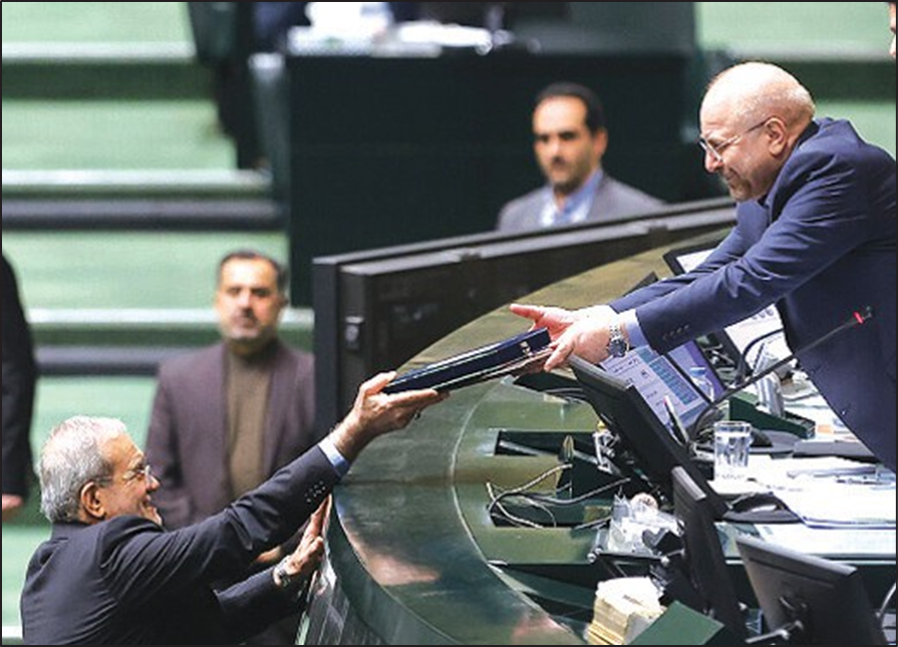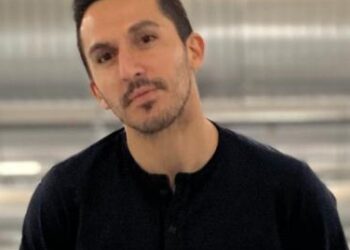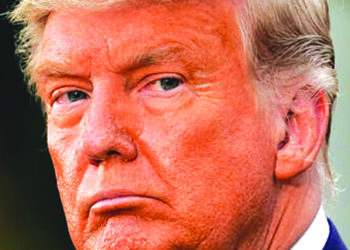In a statement last week, she appealed to the Iranian government to treat him fairly and give him an honest trial.
The trial is now over, after one closed-door session December 27, the Judiciary announced Monday, although last week at the end of the one trial session, the judge said there would be another to hear from the defense.
 On Monday, however, Prosecutor General Gholam-Hossain Mohseni-Ejai said, “The trial of the accused is finished. The [defense] lawyer has to submit his argument [in writing].” Ejai also rejected a US re- quest that Hekmati be freed.
On Monday, however, Prosecutor General Gholam-Hossain Mohseni-Ejai said, “The trial of the accused is finished. The [defense] lawyer has to submit his argument [in writing].” Ejai also rejected a US re- quest that Hekmati be freed.
Ejai said the request was “brazen.” The Islamic Republic has requested that a whole batch of Iranians imprisoned for trying to smuggle American military gear to Iran be freed by the United States.
Hekmati’s mother, Behnaz, who lives in Michigan, said, “It is clear to me and our entire family that Amir is speaking under duress.”
She pointed to a quote issued by the Judiciary in which Hekmati reportedly said he had planned to leave the US and live permanently in Iran and called that “totally false.
It is an indication that he is not speaking freely but being forced to say something that isn’t true.” She said her son had financial and business investments in the United States and “would never walk away from them.” She said, “In this environment, Amir is a victim.
We are convinced that there is a mistake or misunderstanding. We pray and hope he will be allowed to come home soon.”
The comment about planning to stay in Iran was reportedly made by Hekmati at his trial as part of his defense, to show that while he had been sent to Iran, as he said in his confession, as an American agent, he actually was not planning to do anything against the Islamic Republic and had planned to stay and live in Iran.
No representative of the United States has been able to speak with Hekmati.
The State Department said the Swiss embassy in Tehran, which represents US interests there, had filed three requests to visit him, as provided in international law, and been denied all three times. The prosecution has demanded the death sentence.
The judge in Hekmati’s trial is Abol-Fazl Salavati, who is viewed as a hardliner and has handled many of the trials of those accused in the disorders after the 2009 election. Amir Hekmati has a sister, Sarah, in Michigan who wears a headscarf and was featured in a CNN report two years ago about hejab in America.
The article said Behnaz Hekmati warned her daughter that wearing the hejab would arouse the suspicion of Americans. “I said, Sarah, when you cover your head here the people think you are political they see you differently.” Most of the trouble, though, came from Iranian-Americans.
“The Iranians here bother her more than Americans,” Behnaz Hekmati says. “They say, ‘We got rid of you guys. We came here because we didn’t want to see you guys anymore.’”
Sarah Hekmati began wearing a headscarf when she was in the ninth grade and, as a teen, was more concerned about personal issues, like her relations with boys. The hejab made it more difficult, she said. Few asked her on dates. Guys always seemed to put her in the “friend category.”
She wondered if she was attractive. “I wondered at times: Am I always going to be a guy’s friend and nothing more.” Strangers in public saw her as something else a subjugated woman. They looked at her with pity, she says. Some were just baffled. “One guy asked me if I was allergic to the sun,”
Hekmati says. Now 25, she is married and a mental health and substance abuse therapist in Pontiac, Michigan. After the 9/11 attacks, she said, some of her college class- mates removed their headscarves because they feared a backlash.
Now, she says, more Muslim women “are standing up to portray their identity even more and counter the negative.” She says her head covering shows she’s “observant of my values and my beliefs, but, on the same note, I am American just like you are, and I go shopping at the same places you do.”



















